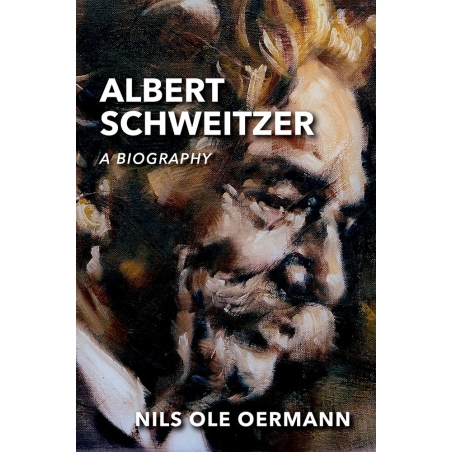Albert Schweitzer was a German-born French theologian and biblical scholar, philosopher, missionary, doctor of medicine, and accomplished interpreter of Bach's organ music. Professor Oermann's biography draws on newly uncovered personal papers and attempts to do justice to Schweitzer's multifaceted life, work, and thought.
CONTENTS
Introduction
1 A sense of devotion: from the parsonage to theology (1875 1903)
A pastor s son in Alsace
Schooling and early years
A student of theology, philosophy, and music
Kant
Curate, doctoral student, and outsider
Theologian or mystic?
2 Saving the whole: from theology to Bach and then to medicine (1903 1912)
Bach, or the art of playing the organ
The path to a decision
The study of medicine
The loyal comrade
3 The spiritual adventurer: from Strasbourg to the rainforest and back again (1912 1917)
Departure to equatorial Africa
Lambarene
The outbreak of war and deportation
4 It is good to preserve life: Albert Schweitzer s philosophy of civilisation
We are all of us just nothing but epigoni
Reverence for life
Philosophy of civilisation and religion
The importance of animals
5 The iron door opens: crisis and breakthrough (1917 1932)
Return to Alsace
The lost penny
Back in Lambarene
On the right treatment of natives
6 With greetings from Central Africa: the time of the Third Reich (1933 1945)
The calm before the storm
Lambarene during the war
7 Exorcising the ghost of the nuclear war: Schweitzer in the Cold War (1945 1957)
The greatest man in the world
The Nobel Peace Prize and its consequences
Schweitzer, Einstein, and the bomb
A bell from the German Democratic Republic
Homo politicus
8 How beautiful! The last years (1957 1965)
Decolonization and criticism
The ninetieth birthday
Epilogue: myth and reality
Timeline
Explanatory Notes




